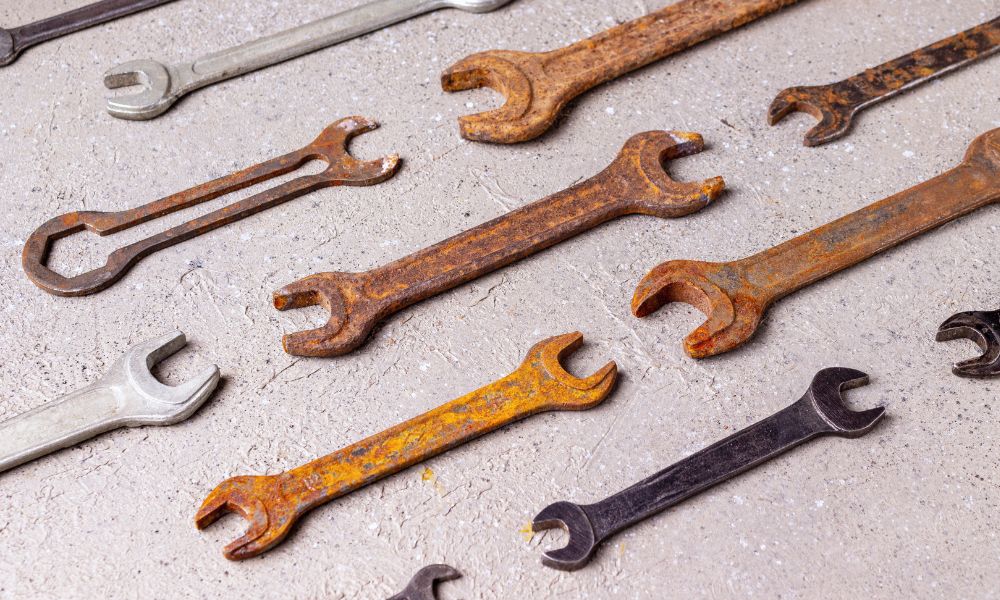
 uncategorized
uncategorized 
Sending a set of high-quality downhole tools into a wellbore is an integral part of servicing it. However, when chemical or natural corrosives are present in the pipeline, the tools are now at risk of experiencing corrosion or erosion. Below, we explore the primary differences between corrosion and erosion and offer a solution for your tools.
Erosion is a naturally occurring process caused by overexposure to various elements like water, wind, or gravity. Other naturally occurring processes that can induce erosion include oxidation or salt effects. Without proper treatment and prevention, downhole tool erosion can create faulty production efforts.
When a downhole tool undergoes erosion, the exterior barrier experiences a washing-away effect and loses its durability and production capacity. The wellbore may also experience erosion when corrosive liquids wash over the metal surface, creating holes or malformed surface structures. Most soft materials and metals, such as lead or copper, are at risk of erosion.
One of the primary differences between corrosion and erosion is that corrosion is a chemical response to sulfates, oxygen, and other harsh exterior elements. Various types of corrosion occur respective to its location and the factors impacting the materials.
Downhole tools are at extreme risk of corrosion if they lack proper care, handling, and appropriate coatings and treatments. Treating the downhole tools is imperative for longevity and optimization. Industry professionals must apply the coatings to the surface structure that comes in contact with the wellbore or harsh atmosphere.
The pipeline or wellbore may experience pitting, crevice, galvanic, selective leaching, or intergranular corrosion, so workers should treat them accordingly. The downhole tools servicing a corroded pipeline or wellbore should also receive a protective coating to prevent a chemical reaction and further damage to the pipeline or servicing tools. Coatings are among the most essential parts of proper equipment care and maintenance in the oil and gas industry.
Specific coatings can help protect tools from corrosion and erosion, as each process occurs in two ways. Servicing tool corrosion coatings include TefCote, NapGard, NickelCote, and BorCote. BorCote and NickelCote offer superior impact resistance and abrasion protection, making them the most suitable erosion coating for servicing tools.
24World Media does not take any responsibility of the information you see on this page. The content this page contains is from independent third-party content provider. If you have any concerns regarding the content, please free to write us here: contact@24worldmedia.com